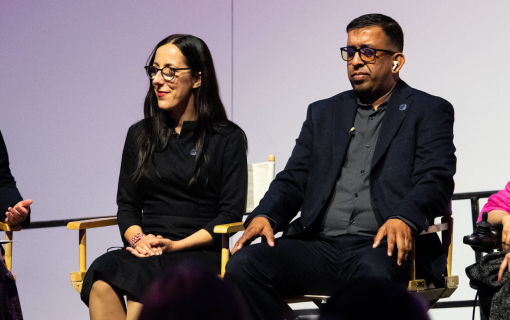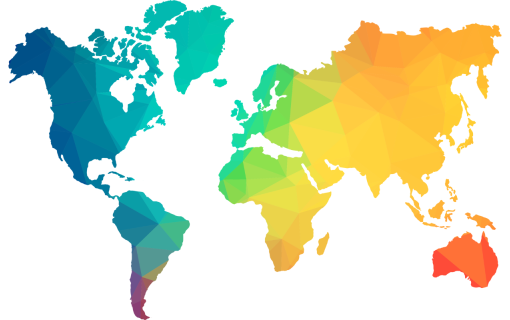Improving Access to Citizenship Certificates
As a primary legal document in Nepal, the citizenship certificate is compulsory for banking; accessing formal education and employment; registering on the voter’s roll; and obtaining a variety of benefits, including social security and government allowances for people with disabilities, victims of armed conflict and internally displaced persons. Yet despite its importance, there are significant barriers – including lack of knowledge or supporting documents and issues related to gender, caste and extreme poverty – that hinder access to citizenship certificates, especially for those from Nepal’s more marginalized groups. An estimated 2.1 million Nepalis are without citizenship certificates, further isolating the most marginalized groups from education and economic opportunities with negative impacts on human and economic development.
As part of its “Strengthening Political Parties and Electoral and Legislative Processes” program, IFES Nepal works with the Election Commission of Nepal and civil society to expand the political participation and civic engagement of youth, women, ethnic minorities, people with disabilities and other historically marginalized groups. One of the first steps to ensure citizens’ rights is to facilitate and improve access to citizenship certificates across Nepal.
Until she met Kalpana – a youth volunteer working with IFES' CSO partner Youth Initiative – sixteen year old Radhika Bhamisa believed that obtaining a citizenship certificate was beyond her reach. However, thanks to an educational session organized at the local high school on how to acquire a citizenship certificate, Radhika was informed by Kalpana on the appropriate steps to follow to obtain her citizenship certificate. These instructions gave Radhika the necessary courage to go through the process required to obtain her citizenship certificate at the local Bhaktapur District Administration Office. Within days, Radhika not only obtained her citizenship certificate, but she also registered to vote on the Election Commission of Nepal's official voter list.
"I had always been in a dilemma and thought it would never be possible to obtain my citizenship certificate. I will always remember Kapana Didi (sister) for having made the process accessible to me." – Radhika Bhamisa
From April to July 2014, IFES Nepal trained and supported four civil society organization (CSO) partners to conduct a survey on citizenship status among their target communities, which identified and assessed barriers to obtaining citizenship certificates. Community facilitators visited over 63,000 households in project districts that include some of the most marginalized communities in Nepal. Through these door-to-door exchanges, community facilitators explained the importance of citizenship certificates and voter registration to over 145,000 household members. Among surveyed individuals, 22 percent – the majority of whom are women – indicated that they did not have a citizenship certificate. The most commonly identified barriers expressed by the respondents include lack of awareness about the application process; lack of required supporting documents; weak family support; absence of economic resources; and inaccessibility to district headquarters.
Nepal is grappling with the challenging opportunity of drafting a new Constitution, consolidating post-conflict peace and strengthening its democratic framework. Improving the equal and active participation of all of citizens across Nepal is essential to strengthening and consolidating democratic, economic and social gains.









